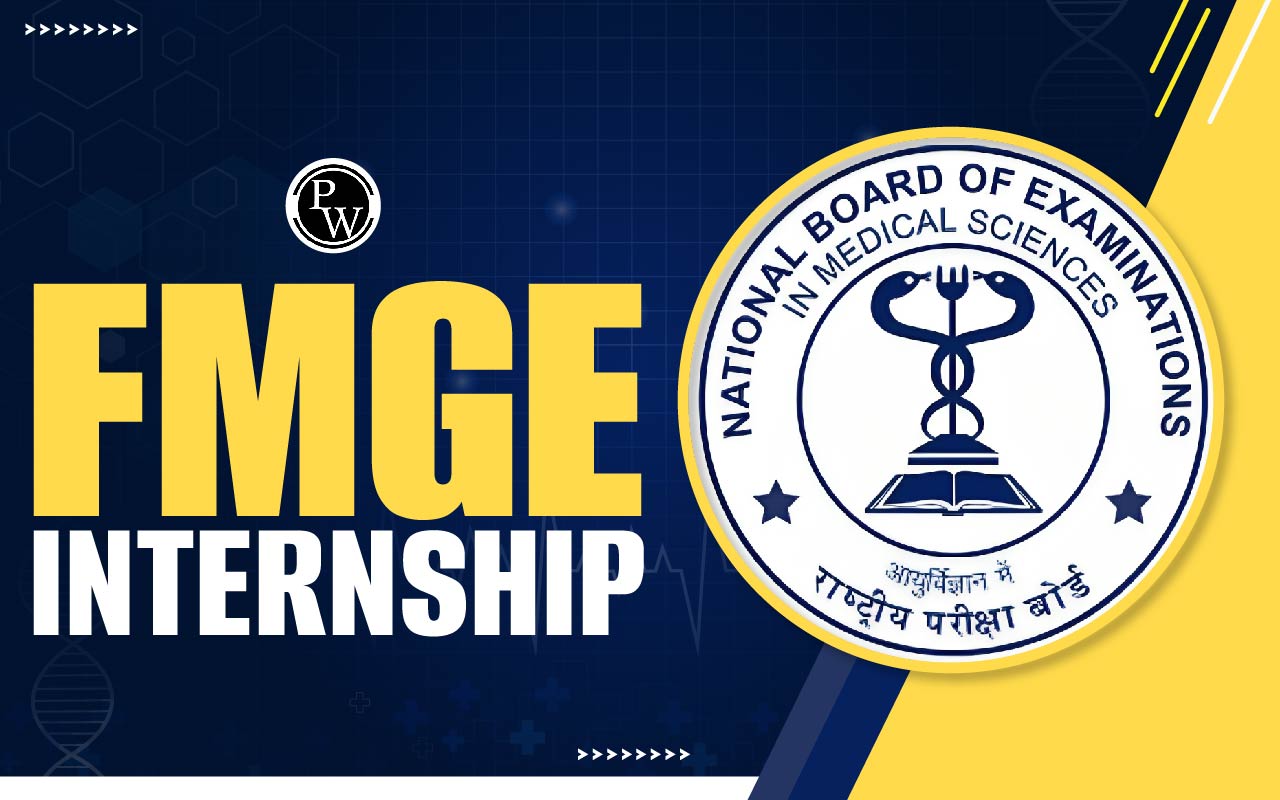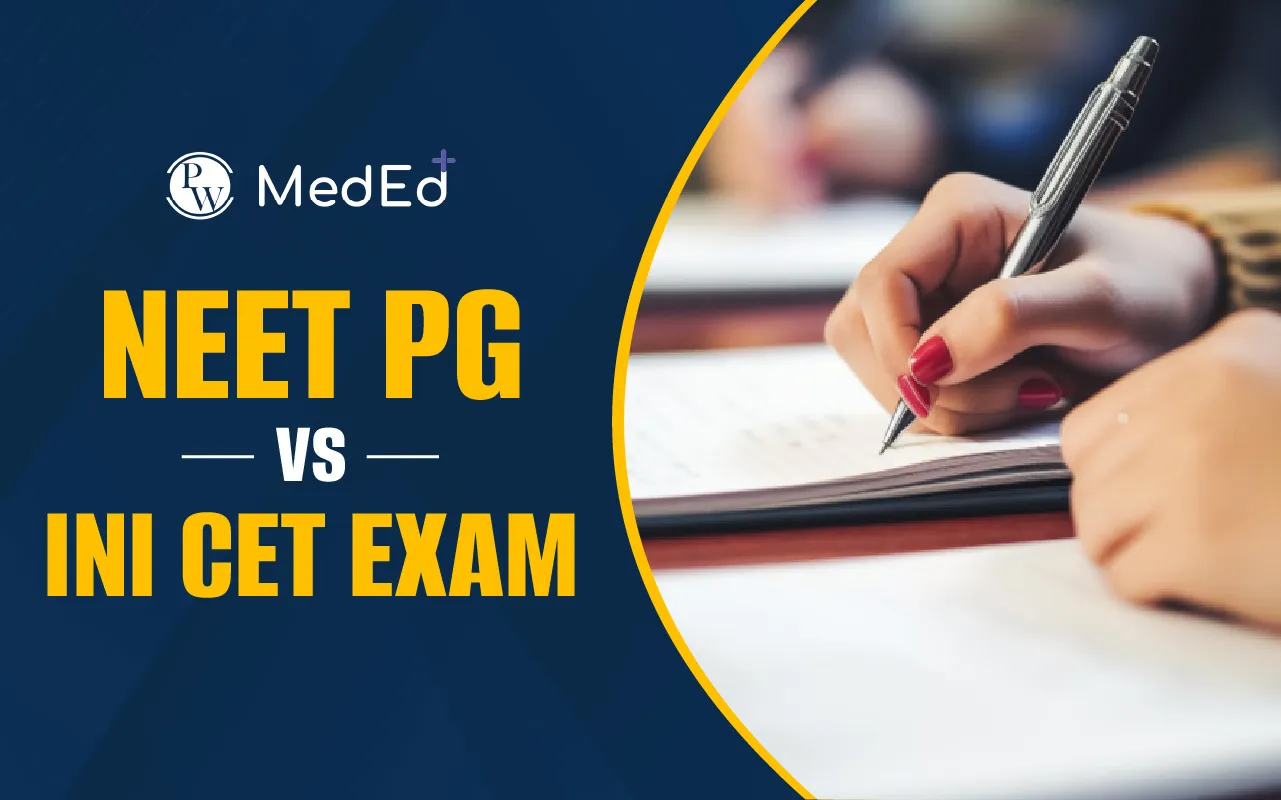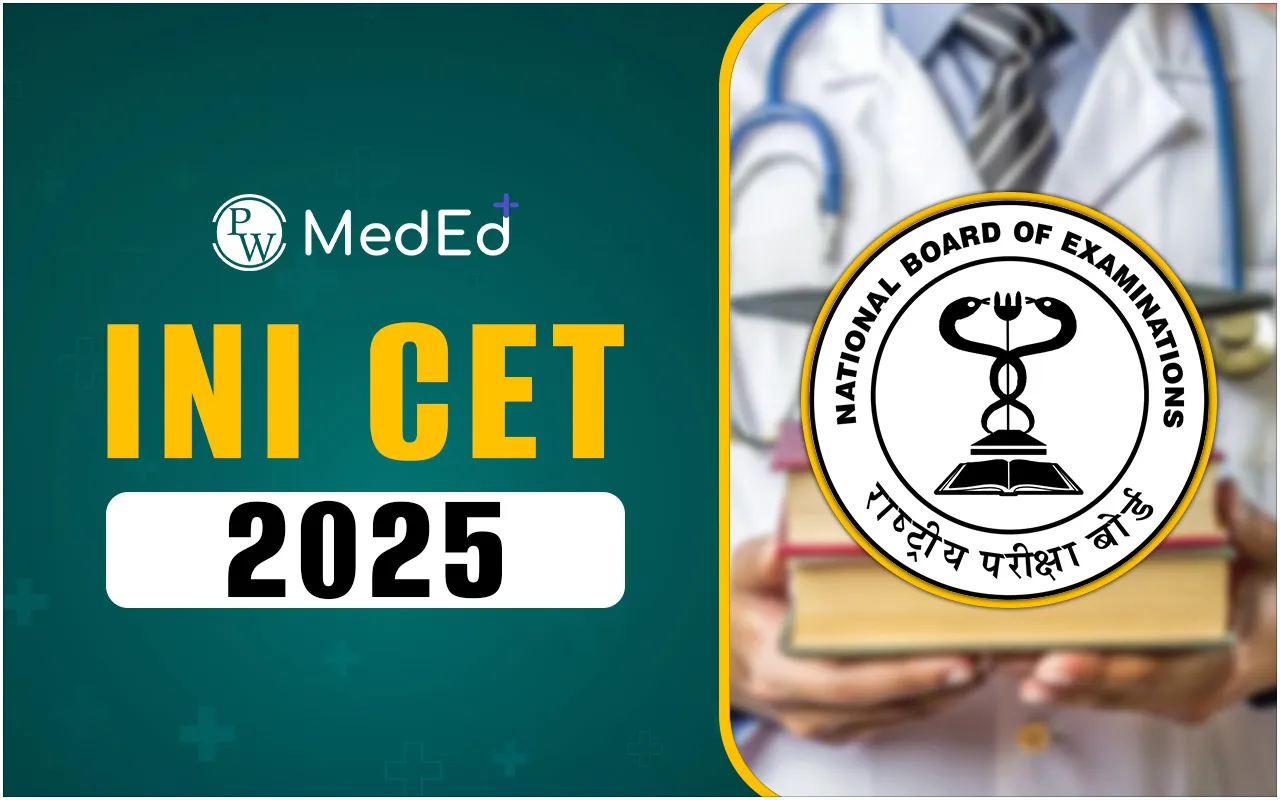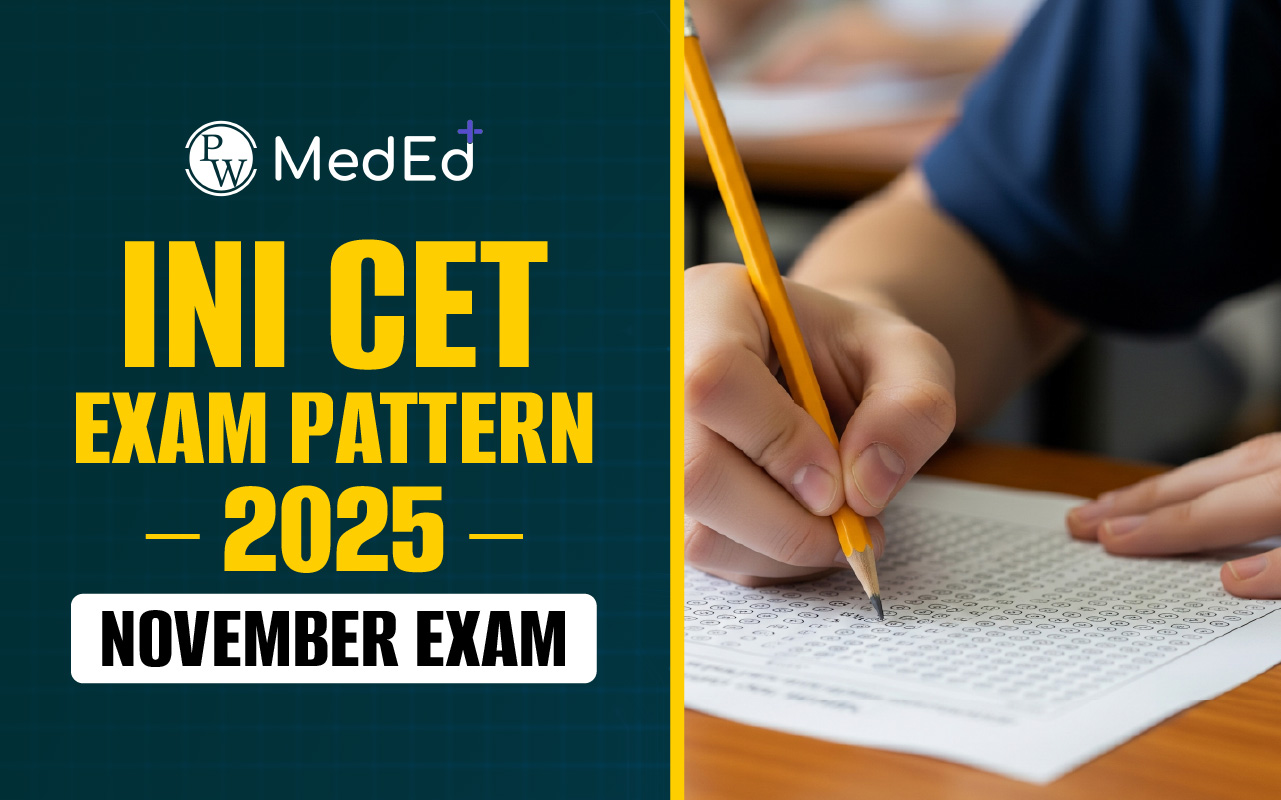
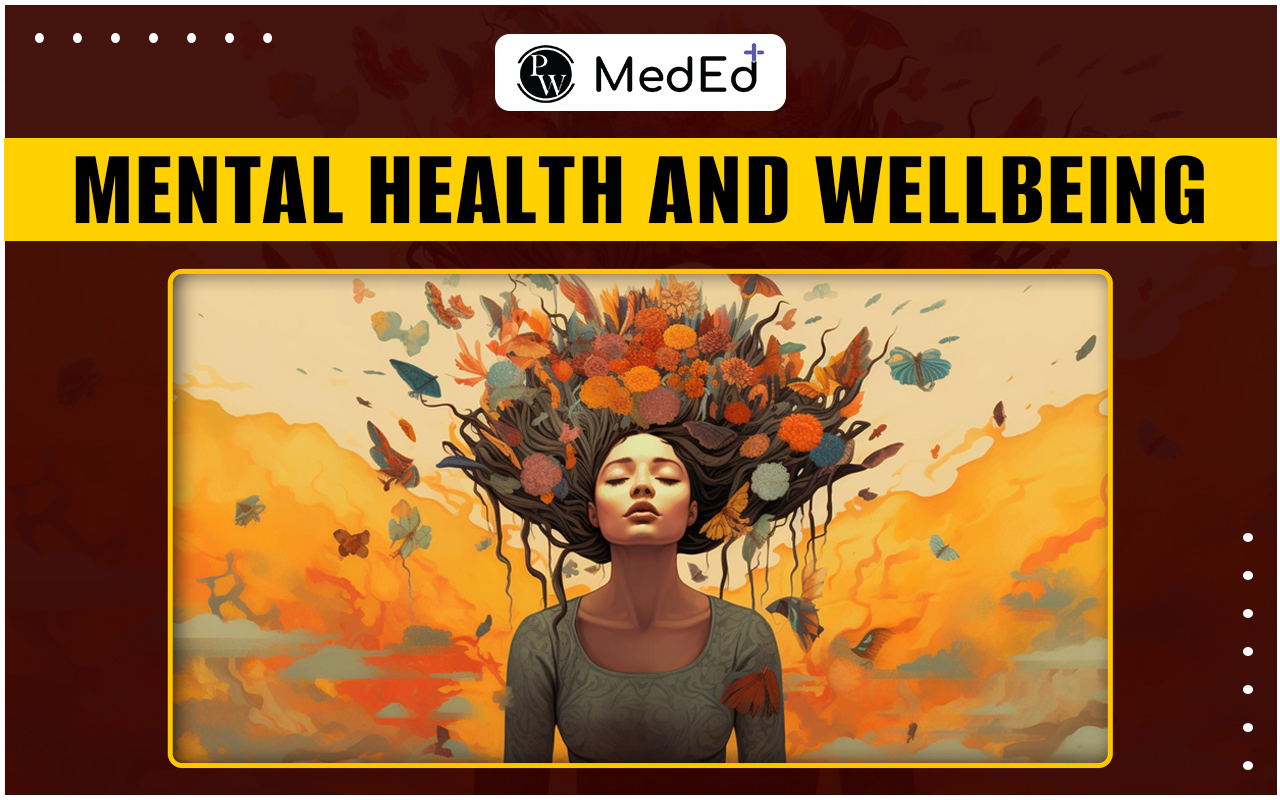
Mental Health and Well-Being: Mental health refers to how well we feel emotionally, mentally, and socially. It's about how we handle stress and daily challenges. Good mental health helps us use our skills, make decisions, and participate in our communities. It's important to note that mental health isn't just about mental illnesses. It's about feeling well mentally, regardless of whether we have a psychiatric condition or not.
Mental Health Conditions
Mental health conditions influence how someone thinks, feels, and behaves. The National Institute of Mental Health states that nearly one in five adults has a mental illness. Several factors play a role in mental health conditions, including genetics, brain chemistry, life events like trauma or abuse, and a family history of mental health issues. Various studies show that having good mental health leads to a better quality of life. This includes being more productive, having closer friendships, doing well in school, and having better relationships.Mental Health and Well-being Characteristics
Mental health matters at every age, from childhood to adulthood. If you face mental health issues, it can change how you think, feel, and act throughout your life. The various characteristics of good mental health include:- Enjoying life is a sign of good mental health, meaning feeling good about the essential parts of your life.
- Life satisfaction includes good health, relationships, belongingness, being active, achieving goals, positive attitude, and hope.
- Social support is necessary for good mental health, as loneliness can lead to various physical and mental health issues.
- The quality of relationships matters more than the number of connections for mental well-being.
- Being emotionally flexible and allowing oneself to experience various emotions is necessary for mental health.
- Lack of psychological flexibility is linked to specific mental health issues while being flexible is considered better for life balance.
Symptoms of Mental Health Problems
Symptoms of poor mental health problems may not always be visible, but there are indicators to look out for. The symptoms of poor health conditions include the following:- Changes in eating habits, like eating too much or too little.
- Feeling more tired than usual.
- Avoiding social situations and spending more time alone.
- Feeling consistently sad.
- Using alcohol, tobacco, or other substances more than usual.
- Having confusing or intense emotions like anger, guilt, or worry.
- Having extreme mood swings.
- Arguing more with family and friends.
- Hearing voices that don't have a clear source.
- Having thoughts of harming oneself or others.
- Struggling to complete daily tasks efficiently.
What Causes Poor Mental Health?
Poor mental health can be due to various factors affecting our daily lives and experiences. These lead to increased anxiety and depression; the common causes include the following:- Trauma: Experiencing trauma can cause anxiety, depression, anger, hopelessness,
- Family history: Mental illnesses often run in families, including bipolar disorder and depression
- Low income: Having a low income is associated with higher stress, anxiety, and depression and can limit access to mental health services.
- Medical illness: Chronic illnesses can lead to psychological distress, especially depression.
- Ignoring healthcare: Ignoring healthcare can negatively impact physical and mental health.
- Unhealthy relations : Unhealthy relationships can increase the risk of anxiety and depression.
- Poor social skills: Lack of social skills can lead to loneliness, increased stress, and worsened physical health.
Benefits of Good Mental Health
Good mental health is crucial for a person's overall well-being. Here are some benefits of having good mental health:- Good mental and emotional well-being makes it easier to handle life's challenges.
- Mental health affects how we see ourselves, leading to higher confidence and a positive attitude.
- It helps us to provide support and affection to loved ones.
- Mental strength improves efficiency and the quality of work.
- A good mental health condition is helpful in our good social life.
Tips for Staying Mentally Healthy
Health professionals and services recommend simple ways to take care of your mental health, including:- Physical Exercise: Exercise reduces stress and improves mood by releasing feel-good hormones.
- Adequate Sleep : Getting seven hours of sleep each night improves mental well-being.
- Help Others : Acts of kindness reduce stress and enhance overall happiness.
- Learn Coping Skills : Good coping skills, like seeking support, help manage stress effectively.
- Stay Connected: Social interaction reduces stress and improves mental health.
- Positive Attitude: Optimism and positive thinking lead to better mental health conditions.
Mental Health and Well-Being FAQs
Which factor is considered the most significant mental health disorder?
Childhood abuse is one of the primary causes of mental health disorders.
Is Mental health genetic?
Certain mental health disorders tend to run in families.
What is a mood disorder?
Marked disruptions in emotions describe mood disorders.
What part of the brain controls mental health conditions?
The amygdala is centrally involved in the brain's response to mental illness.
Talk to a counsellorHave doubts? Our support team will be happy to assist you!

Check out these Related Articles
Free Learning Resources
PW Books
Notes (Class 10-12)
PW Study Materials
Notes (Class 6-9)
Ncert Solutions
Govt Exams
Class 6th to 12th Online Courses
Govt Job Exams Courses
UPSC Coaching
Defence Exam Coaching
Gate Exam Coaching
Other Exams
Know about Physics Wallah
Physics Wallah is an Indian edtech platform that provides accessible & comprehensive learning experiences to students from Class 6th to postgraduate level. We also provide extensive NCERT solutions, sample paper, NEET, JEE Mains, BITSAT previous year papers & more such resources to students. Physics Wallah also caters to over 3.5 million registered students and over 78 lakh+ Youtube subscribers with 4.8 rating on its app.
We Stand Out because
We provide students with intensive courses with India’s qualified & experienced faculties & mentors. PW strives to make the learning experience comprehensive and accessible for students of all sections of society. We believe in empowering every single student who couldn't dream of a good career in engineering and medical field earlier.
Our Key Focus Areas
Physics Wallah's main focus is to make the learning experience as economical as possible for all students. With our affordable courses like Lakshya, Udaan and Arjuna and many others, we have been able to provide a platform for lakhs of aspirants. From providing Chemistry, Maths, Physics formula to giving e-books of eminent authors like RD Sharma, RS Aggarwal and Lakhmir Singh, PW focuses on every single student's need for preparation.
What Makes Us Different
Physics Wallah strives to develop a comprehensive pedagogical structure for students, where they get a state-of-the-art learning experience with study material and resources. Apart from catering students preparing for JEE Mains and NEET, PW also provides study material for each state board like Uttar Pradesh, Bihar, and others
Copyright © 2025 Physicswallah Limited All rights reserved.
